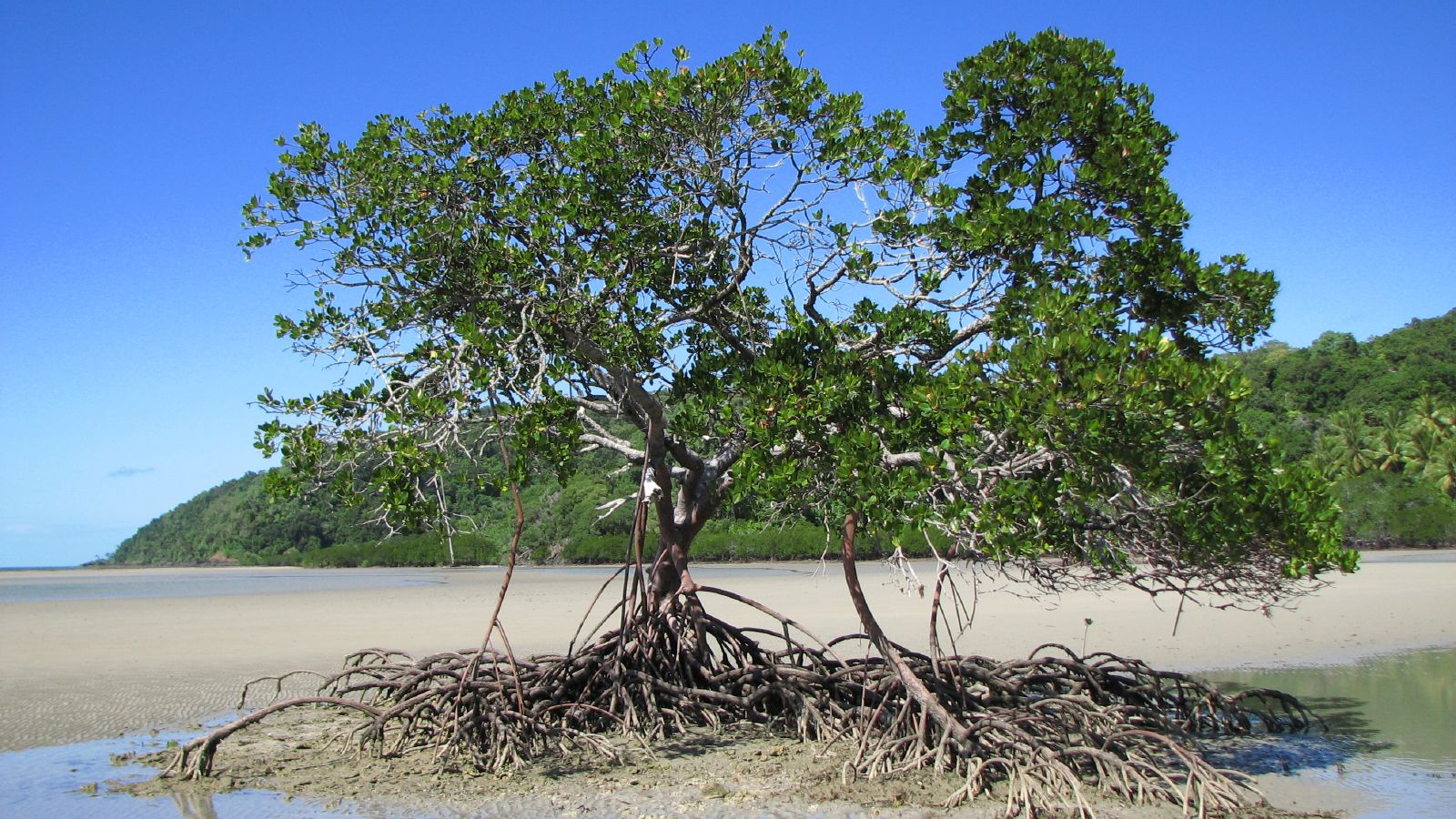News release
From:
Australia's coasts are a global carbon storage hotspot that could help us fight climate change, and restoring them could create more than $16 million dollars-a-year-worth of carbon credits, according to new Australian research. The study accurately measured the amount of carbon being absorbed and emitted by seagrass, mangroves and salt marshes - collectively known as blue carbon. It showed these ecosystems already lock away 20 million tonnes of carbon dioxide each year - the equivalent of taking 4 million cars off the road.
According to the study, restoring just 10 per cent of our lost blue carbon ecosystems would reduce our annual land use emissions by 6-8 per cent and create more than $16 million-per-year in carbon credits.
So could seagrass save us? Which states stand to benefit most? Come to this briefing to hear the researchers talk about the potential of Australia's blue carbon.
Speakers:
- Dr Oscar Serrano is a Post Doctoral Research Fellow from the Centre for Marine Ecosystems Research at Edith Cowan University
- Professor Carlos Duarte is a Professor of Marine Science at King Abdullah University of Science and Technology, Saudi Arabia
- Dr Andy Steven is Coasts Research Director at CSIRO



 Australia; International; QLD; WA
Australia; International; QLD; WA



